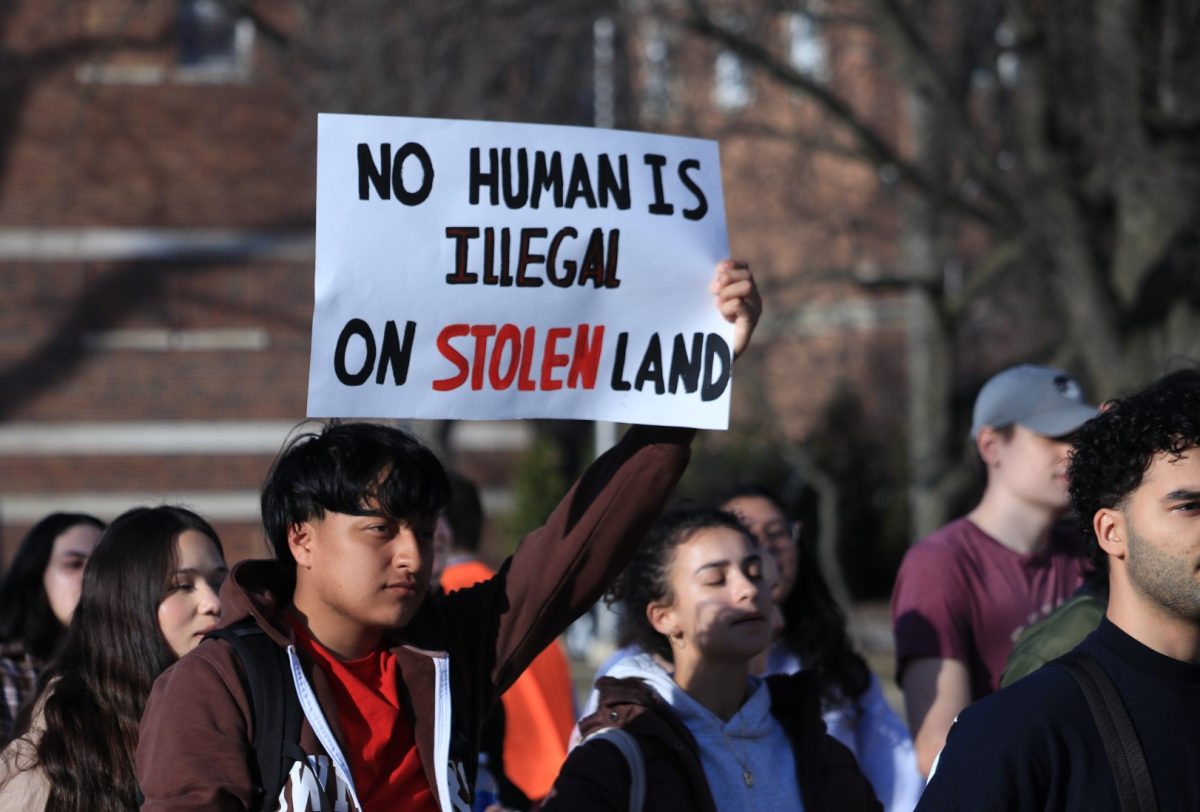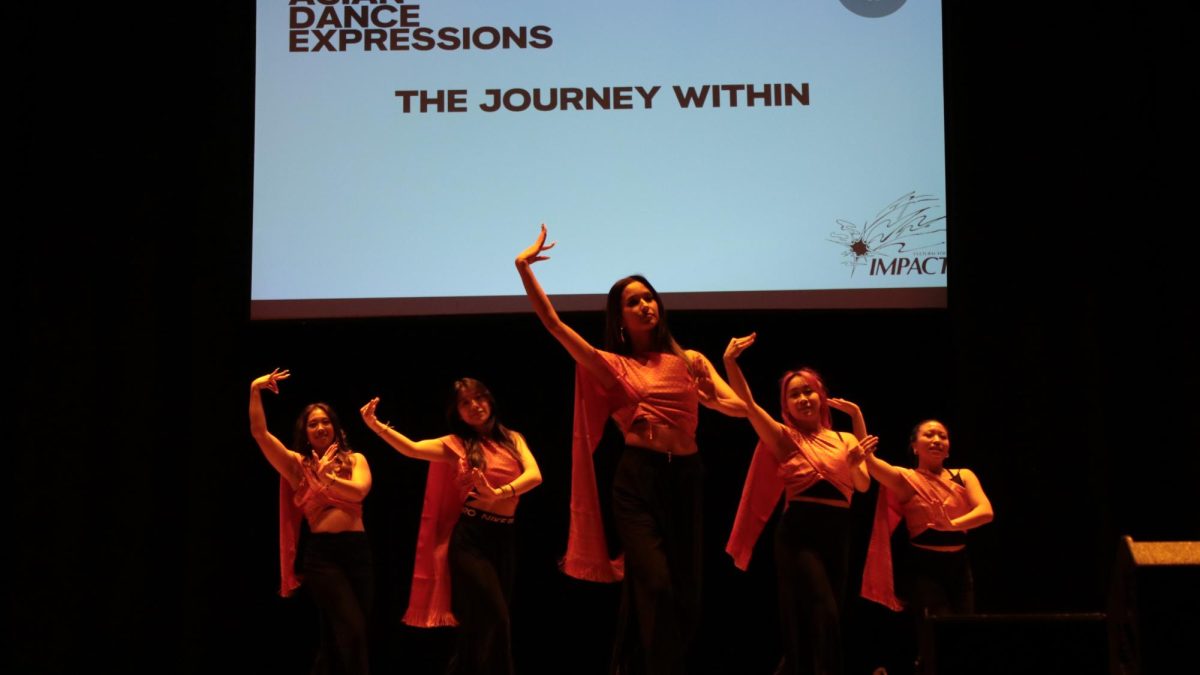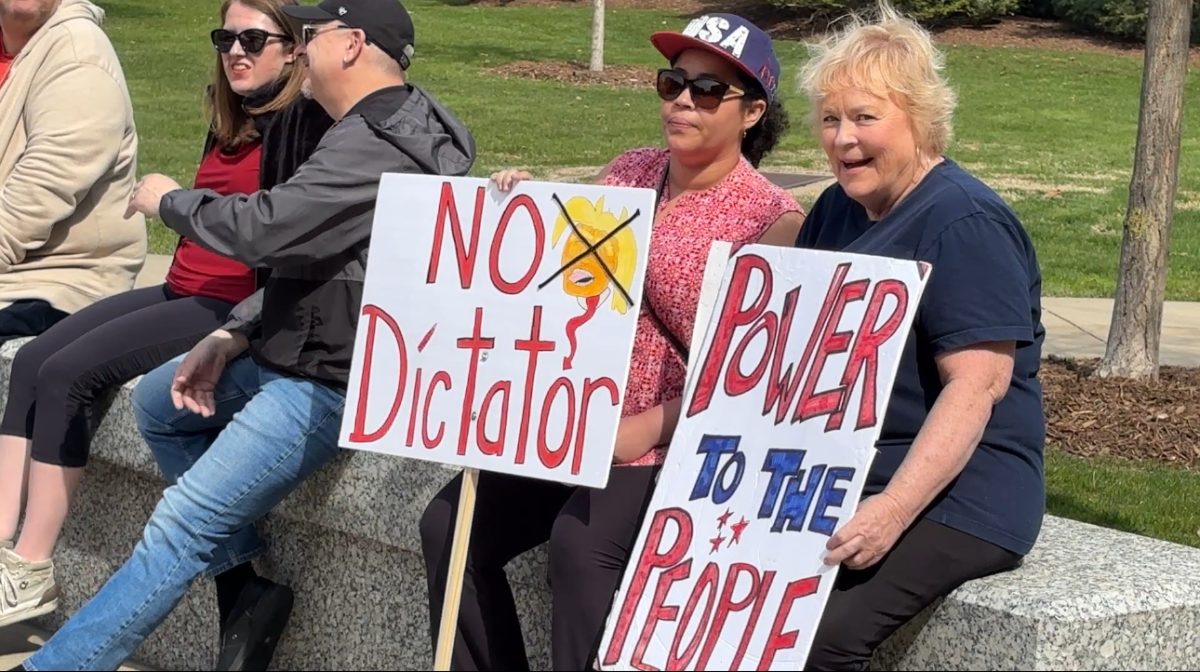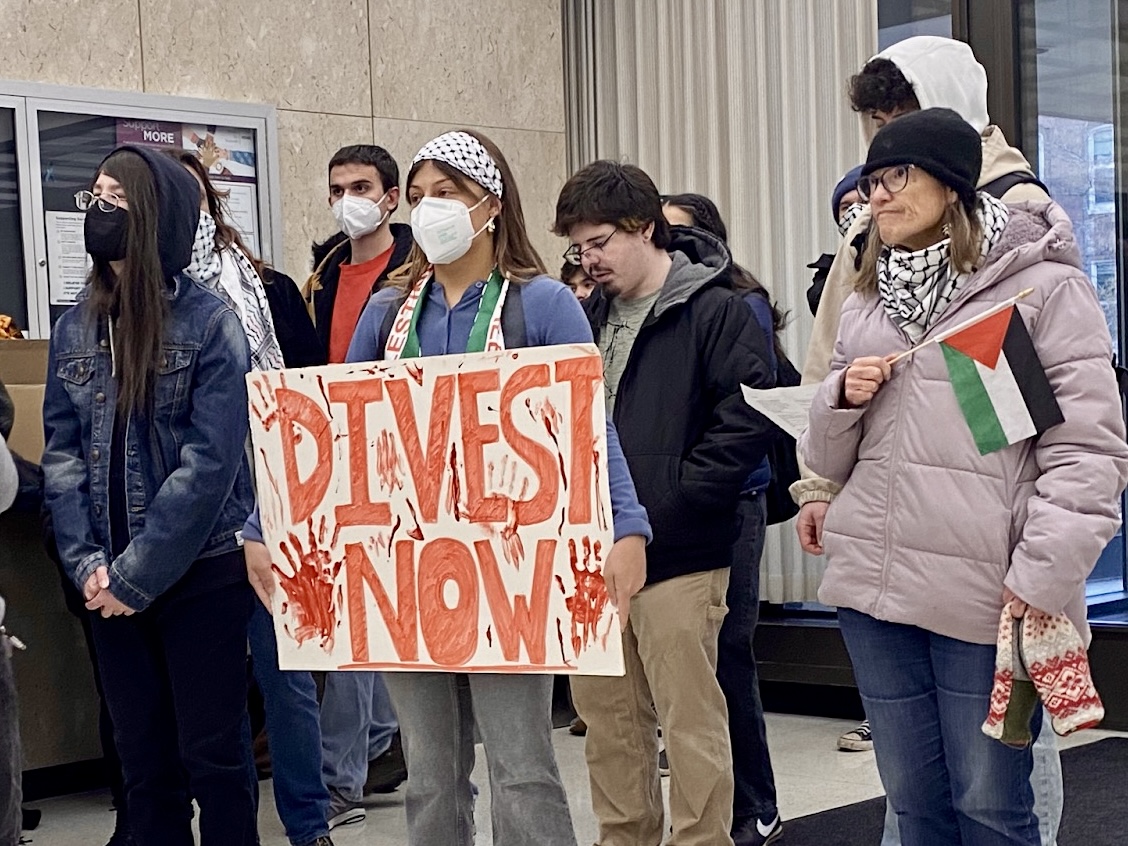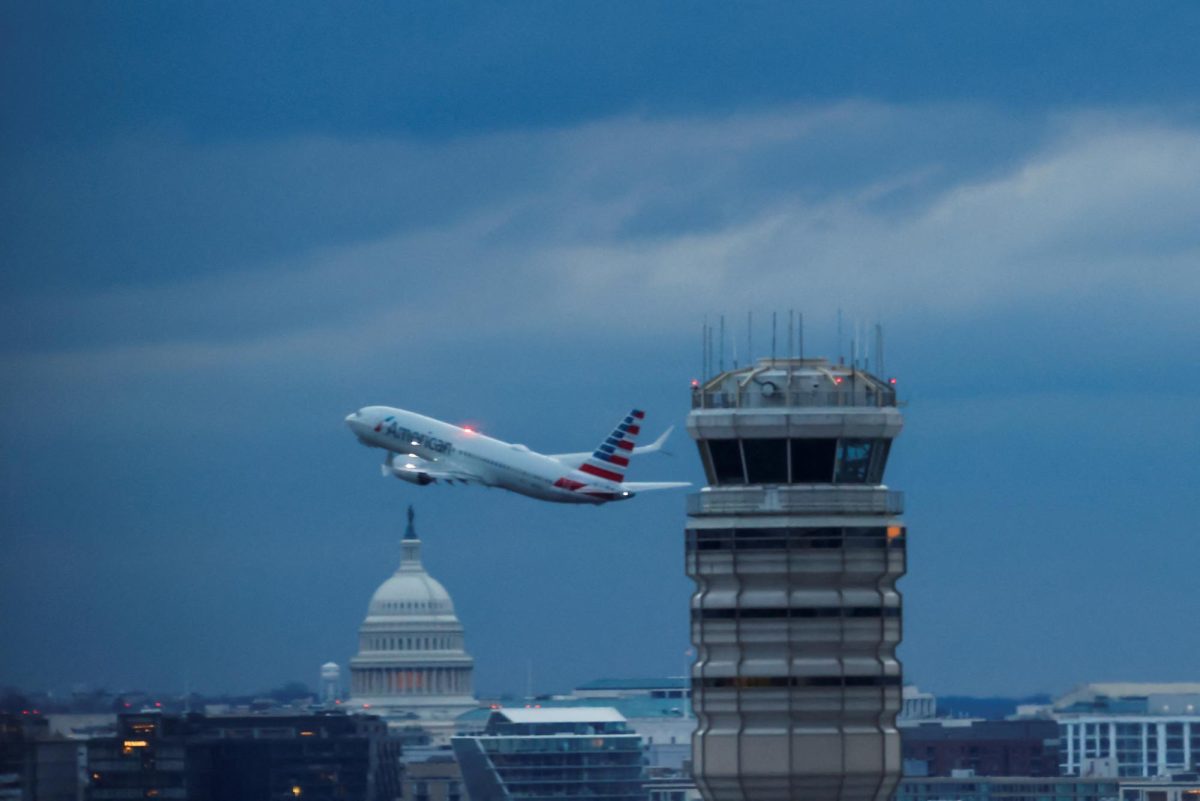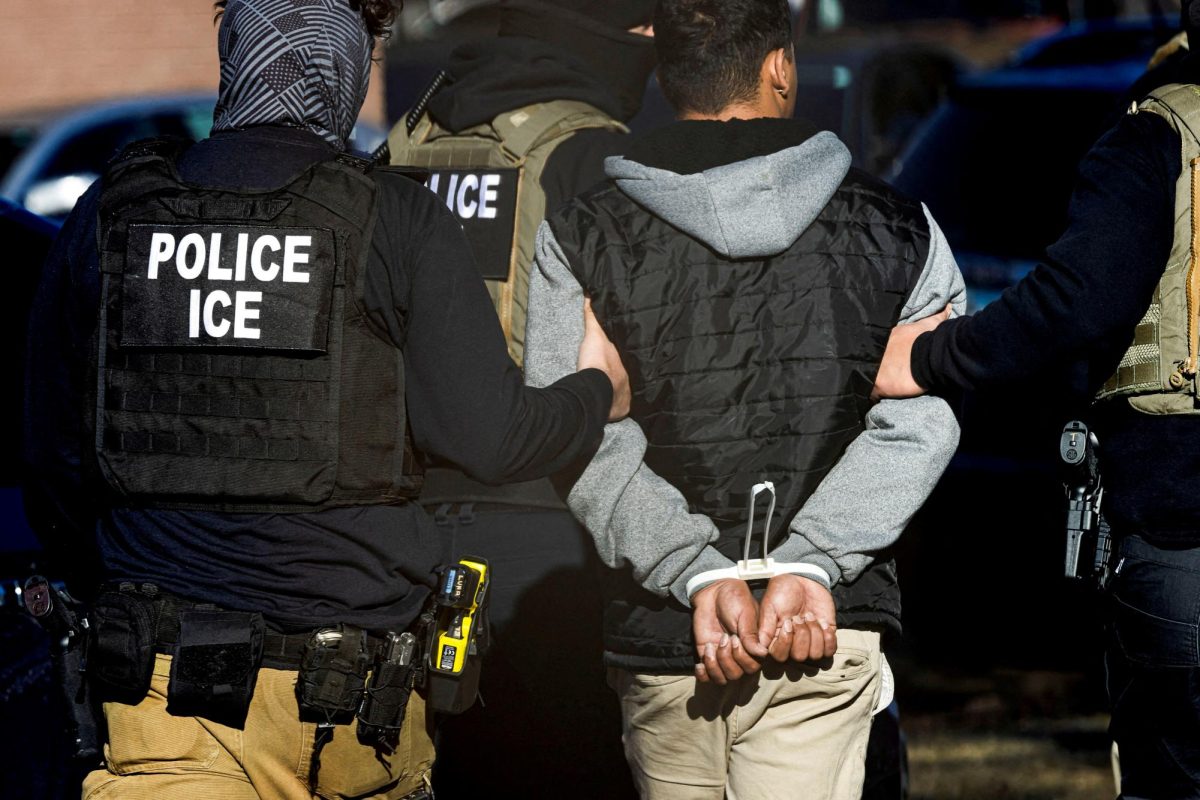On April 1, legislation went into effect to raise the California minimum wage for fast food workers to $20 an hour. This has led multiple California food chains to begin announcing layoffs, including Southern California Pizza, Pizza Hut and Vitality Bowls.
The law has sparked controversy among American citizens and politicians alike, with California Assembly Republican leader James Gallagher calling the law an “anvil,” thrown at restaurants by Democrats.
Conversations have sparked about California’s legislation and how it can pave the way for other states or the federal government to raise the minimum wage, including quotes from celebrity chef Robert Irvine warning that other states may follow suit to the nation’s detriment.
In comparison, the Michigan minimum wage only became $10.33 an hour in January 2024 and has no differentiation between fast food wages and other careers.
As the 2024 presidential election grows closer, Americans are reminded of the many promises made by President Joseph Biden during his original campaign, including a desire to raise the federal minimum wage to $15 an hour. This pledge hasn’t seen updates since early February when his requests reached discussion through the ninth circuit.
Impact 89FM asked MSU community members about their outlook on these updates and what candidates for the upcoming election could do to garner their support.
When asked what her ideal wage might be, Liz Brey, a 2nd-year hospitality business student at MSU said, “Ideally, I’d make as much money as possible, but that’s obviously not realistic. I work all of my jobs in Ohio because that’s where I’m from. I don’t know what the minimum wage is, but I made $13 an hour at Chipotle, and I was satisfied with that. But I would say, the ideal minimum wage is like $15 an hour.”
We asked if her opinion might change if Biden campaigned on higher minimum wage. “It’s definitely something I would support,” Brey said. “I mean, he’s from the Democratic Party, so I expect him to do some things like that. I guess I would support that initiative, but I don’t know if I’d really support him because I just don’t like him.”
Broadening the scope, we also spoke to an incoming MSU student, Jack Maloney, about his experience being a fast food worker in the Midwest and how that might change his perspective.
Maloney, a high school senior in Orland Park, IL, is committed to the MSU business school and has worked at his local Culver’s for three years.
“As a high school student who doesn’t need to spend that much money unless I’m buying stuff for myself personally, going out for food, $14 an hour is certainly a good amount,” Maloney said when asked about his ideal minimum wage. “Though, more could always be good. Among my coworkers, I definitely make more than people usually do: other people make, like $12 [an hour], maybe $13 [an hour], sometimes even lower than that. So, $14 [an hour] is definitely a gracious amount to get.”
“A lot of the time, the minimum wage, which is about $13 an hour in Illinois I believe, is not enough. What [workers] are being paid now is not enough to financially support a family.” Maloney said. “It’s not enough to survive in this current economy, especially in the Midwest where every single quarter we have price increases for food.. to an absurd amount where a cheesecake turtle sundae is now $8. You’re taking half of what they make in an hour for a sundae. It’s just not enough to survive.”
Even though Maloney views minimum wage as an important issue in the country, it doesn’t seem that Biden committing to a higher wage would change his view of the candidate. Here’s what Maloney said when asked how this commitment could alter his perception:
“I don’t think I would change my opinions at all because the main problem that I discuss with all of the people who are turning 18 is the foreign affairs,” Maloney said. “He can handle domestic problems as much as he can, like actually doing what he promised by implementing affordable healthcare, by giving federal minimum wage, by making an increase in liveable wages; but from what I stand on, the way he’s been handling foreign affairs has tainted just every opinion I’ve had of him.”
Perry Parks, an assistant professor of journalism at MSU, offered us a unique outlook on what issues Generation Z voters seem to focus on and why.
“I think the key thing journalists need to do is make clear what the stakes of the election are and make clear what the differences are between the candidates… all of these things need to be made really clear to all voters, and young people are out looking for work,” Parks said.
“A lot of them are burdened with student loan debt, some of which is fair and some of which isn’t, so students need to understand whose policies are more likely to help them work through student loan debt,” Parks said. “They need to understand whose policies are more likely to afford them reasonable living wages, and journalists need to be really clear in working out what the actual stakes and issues are and not just repeat talking points that come from politicians, corporations, or anyone who has a stake in the outcome.”
Parks emphasized a need for young people who plan on voting in the next election to focus on candidates who have their needs in mind and are making an active effort to address the issues that affect them.
“Joe Biden’s done a lot for young people in terms of student loans and trying to help students pay off those loans, or forgiving loans that were issued under certain circumstances—and lots of people just don’t even know about that. It’s been covered, but it’s not been well-covered,” Parks explained. “Some of it is what Biden decides to campaign on, and some of it is what the news media decides to emphasize, and a lot of it is what people decide to pay attention to and how they talk to each other.”












